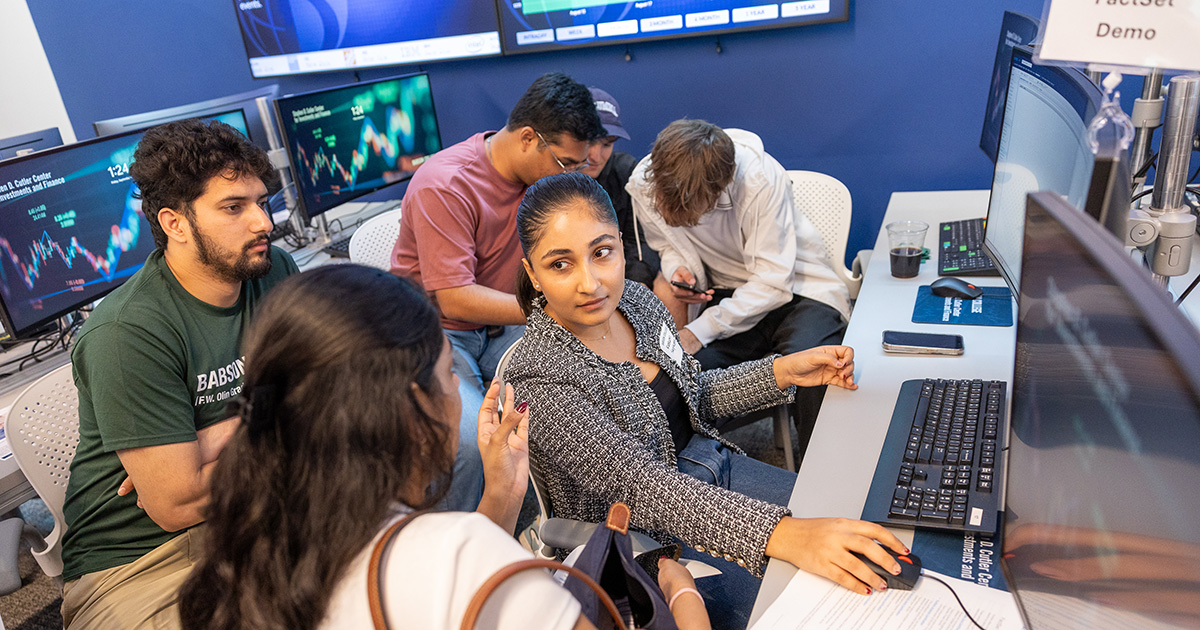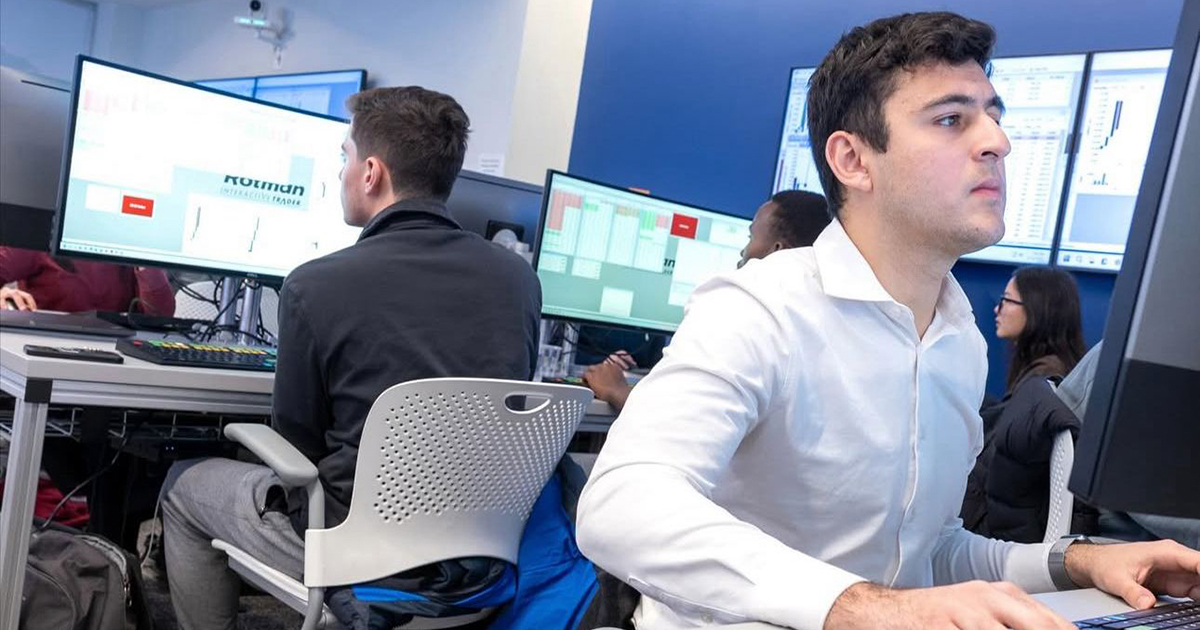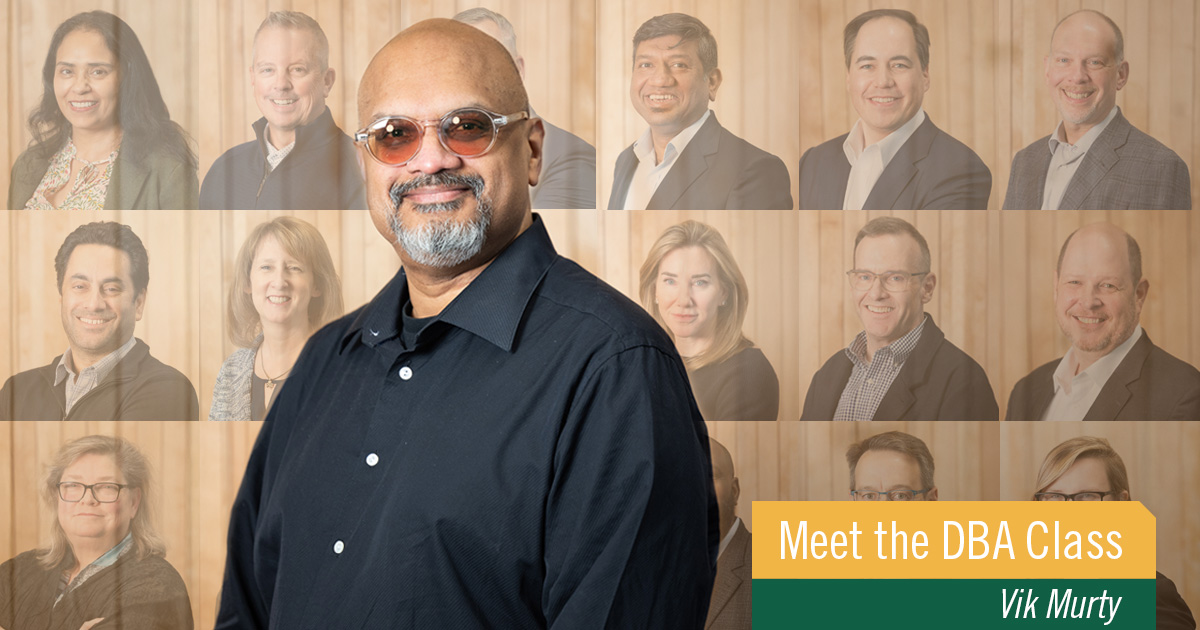What Entrepreneurs Can Learn from the Cryptocurrency Fraud Trial

The fraud trial of former cryptocurrency wunderkind Sam Bankman-Fried has plunged the barely regulated and often misunderstood industry back into the spotlight, with prosecutors alleging millions of dollars in excessive spending and flat-out dishonest communications.
But, the giddy rehash of Bankman-Fried’s $32 billion cryptocurrency rise and fall and the alleged malpractice of his futures exchange company FTX Trading Ltd. likely won’t cause any lasting harm to the industry, according to Babson Professor Steven Gordon, who studies cryptocurrency.
“Situations such as this tarnish the industry as a whole and keep people at arm’s length and concerned about it,” Gordon said. “On the other hand, there’s a lot of interest by very well-established firms such as BlackRock and Fidelity, companies that do their due diligence. If those kinds of companies are interested in investing, cryptocurrency could be moving toward the mainstream.”
Nevertheless, the trial holds plenty of lessons for both entrepreneurs and investors, Gordon said. Here are some key takeaways from Bankman-Fried’s trial.
Lesson 1: Address the Lack of Crypto Regulations
The trial has underscored the importance of regulatory compliance in the cryptocurrency space. Bankman-Fried’s legal proceedings have brought attention to the need for clear and transparent rules when dealing with virtual currency.

Steven Gordon, professor of information systems
“Right now, it’s a bit like the wild west out there,” Gordon said. Bankman-Fried had advertised FTX Trading Ltd. as a safe place for traders to deposit their money. Exchanges like FTX are expected to keep nearly 100% of their customers’ deposits in fluid investment instruments, ideally in the cyptocurrency of the deposit. Instead, Bankman-Fried allegedly used as much money as he wanted to buy everything from real estate in Bermuda to political influence.
“If a company is banking your money, then it should be regulated like a bank,” Gordon said.
Lesson 2: Investor Awareness and Due Diligence
The trial underscores the importance of investor awareness and due diligence when entering the crypto market. Gordon, professor of information systems at Babson, said he uses Coinbase, which is a public company that operates out of New York. The Empire State requires cryptocurrency exchanges to abide by strict regulations in order to operate there.
“Right now, there is very little regulation, so you’ve got to be ultra careful about how you invest in cryptocurrency,” Gordon said. “You want to be sure that you invest in companies that have good controls in place. Also, FTX was not a public company. And, unfortunately, if you invest in a private company, their books aren’t public, so you’re always taking a risk.”
Lesson 3: Ethical Business Practices
Bankman-Fried’s trial has led to discussions about ethical business practices not only within the cryptocurrency industry, but for all entrepreneurs.
“This is a reminder that even in a rapidly evolving industry, ethical behavior remains paramount. Entrepreneurs and organizations in the cryptocurrency space must prioritize ethics and integrity to gain trust,” Gordon said.
Entrepreneurs should scrutinize every aspect of their business operations, partnerships, and investments. Conduct background checks, verify information, and ensure complete transparency in all dealings. Failing to do so can lead to serious legal and reputational consequences.
“I think from the standpoint of being an entrepreneur, the lessons are clear. There are plenty of temptations that they might face if they don’t have enough experience and their company is growing rapidly,” Gordon said. “They might be tempted to take some shortcuts here and there. That’s why they have to maintain control of their assets. They need a set of strong internal controls, and they have to follow those controls. You can’t willfully bypass them.”
Posted in Insights




